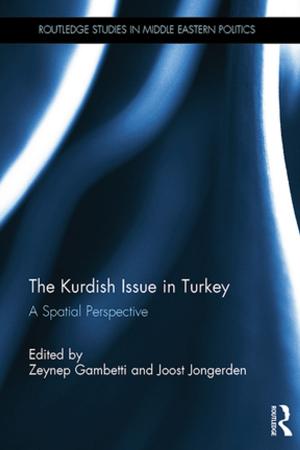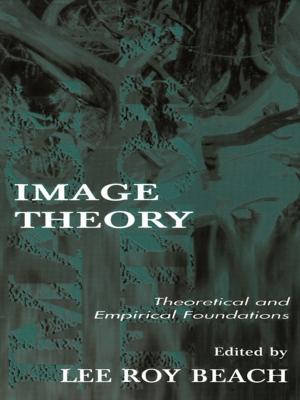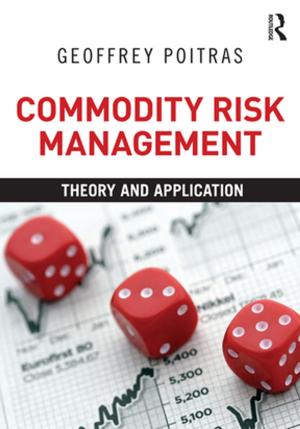Emotion and Reason
Mind, Brain, and the Social Domains of Work and Love
Nonfiction, Social & Cultural Studies, Social Science, Anthropology, Sociology| Author: | Warren D. TenHouten | ISBN: | 9781317580607 |
| Publisher: | Taylor and Francis | Publication: | June 23, 2014 |
| Imprint: | Routledge | Language: | English |
| Author: | Warren D. TenHouten |
| ISBN: | 9781317580607 |
| Publisher: | Taylor and Francis |
| Publication: | June 23, 2014 |
| Imprint: | Routledge |
| Language: | English |
Although much academic work has been done on the areas of mind, brain, and society, a theoretical synthesis of the three levels of analysis – the biological, the mental, and the social – has not until now been put forward. In Emotion and Reason, Warren TenHouten presents a truly comprehensive classification of the emotions.
The book analyzes six key emotions: anger, acceptance, aggressiveness, love, joy and happiness, and anticipation. It places them in historical context, relates them to situations of work and intimacy, and explains their functioning within an individuated, autonomous character structure. Divided into four parts, the book presents a socioevolutionary theory of the emotions – Affect-spectrum Theory (AST), which is based on a synthesis of three models, of the emotions, of social relationships, and of cognition.
This book will be of value to undergraduate and postgraduate students, as well as researchers, with an interest in the sociology of emotions, anthropology of emotions, social psychology, affective neuroscience, political science, behavioral neuroeconomics and philosophy.
Although much academic work has been done on the areas of mind, brain, and society, a theoretical synthesis of the three levels of analysis – the biological, the mental, and the social – has not until now been put forward. In Emotion and Reason, Warren TenHouten presents a truly comprehensive classification of the emotions.
The book analyzes six key emotions: anger, acceptance, aggressiveness, love, joy and happiness, and anticipation. It places them in historical context, relates them to situations of work and intimacy, and explains their functioning within an individuated, autonomous character structure. Divided into four parts, the book presents a socioevolutionary theory of the emotions – Affect-spectrum Theory (AST), which is based on a synthesis of three models, of the emotions, of social relationships, and of cognition.
This book will be of value to undergraduate and postgraduate students, as well as researchers, with an interest in the sociology of emotions, anthropology of emotions, social psychology, affective neuroscience, political science, behavioral neuroeconomics and philosophy.















